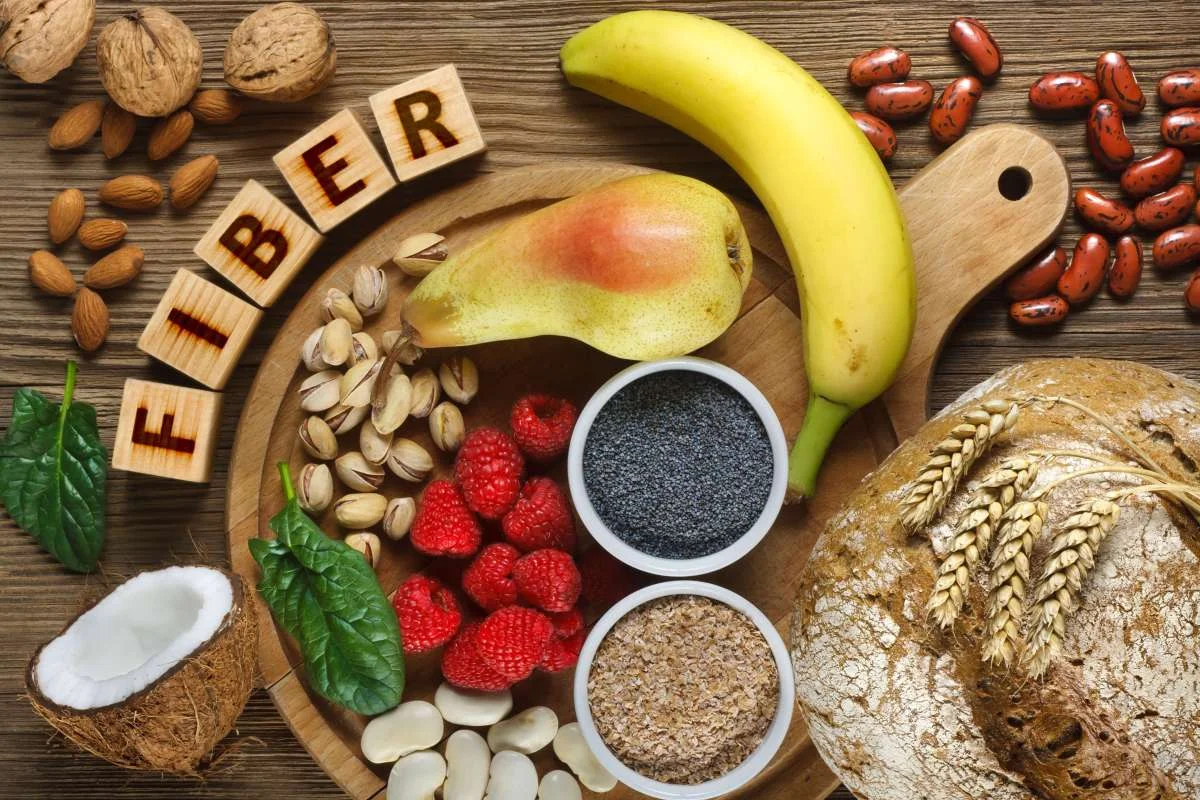If you’ve ever searched for natural ways to improve digestion, lower cholesterol, or even help with weight management, chances are you’ve come across psyllium husk. This humble source of soluble fiber has been used for centuries in traditional medicine—and for good reason.
Psyllium husk works like a gentle, natural broom for your digestive tract, helping everything move smoothly. But its benefits go beyond just keeping you regular. From heart health to blood sugar control, psyllium husk is a small dietary addition that can make a big difference.
Highlights:
- Psyllium husk is a natural source of soluble fiber with multiple health benefits.
- It can improve digestion, heart health, cholesterol, and blood sugar when taken regularly.
- Adequate water intake is essential for safe and effective use.
Table of Contents
What Exactly Is Psyllium Husk?

Photo from https://www.freepik.com
Psyllium comes from the seeds of Plantago ovata, a plant most commonly grown in India—the world’s largest producer. In South Asia, it’s also called Isabghol or Ispaghol, a name that comes from the Sanskrit words asp (horse) and ghol (flower).
The outer layer of the seed—the husk—is where the magic happens. This husk is packed with mucilage, a gel-like substance that swells when mixed with water. That swelling is key to how psyllium helps digestion and other health functions.
How Psyllium Husk Works in the Body
Psyllium husk contains two types of fiber:
- Soluble fiber – Absorbs water, creating a soft, gel-like mass that eases stool passage and slows digestion for better nutrient absorption.
- Insoluble fiber – Adds bulk to stool and helps stimulate the intestines to keep things moving.
When you take psyllium with water, it expands in the intestines, softening stools and encouraging regular bowel movements. At the same time, it slows down the absorption of sugars and cholesterol, helping keep levels in check
6 Key Health Benefits of Psyllium Husk
1. Relieves Constipation Naturally
Psyllium husk is one of the most effective natural remedies for constipation. It draws water into the intestines, softening stools and making them easier to pass. Studies have shown it can reduce stool transit time without interfering with nutrient absorption.
 2. Supports Heart Health
2. Supports Heart Health
The FDA recognizes that soluble fiber from psyllium husk can reduce the risk of coronary heart disease—as long as it’s consumed with adequate water. By binding to cholesterol in the digestive system, psyllium helps the body remove it more efficiently.
3. Improves Cholesterol Levels
Multiple studies have found that psyllium husk lowers LDL (bad) cholesterol while increasing HDL (good) cholesterol. It works by boosting the body’s production and excretion of bile acids—one of the main pathways for eliminating cholesterol.
4. Helps Manage Blood Pressure
Psyllium husk, especially when combined with a healthy diet, may help lower systolic blood pressure. Research suggests this may be linked to improved sodium excretion and better vascular function.
5. Regulates Blood Sugar
For people with high blood sugar, psyllium husk can be a game-changer. It slows the absorption of glucose, reducing post-meal sugar spikes and improving insulin sensitivity. This makes it particularly useful for those managing type 2 diabetes.
6. Aids in Weight Loss
By expanding in the stomach and increasing feelings of fullness, psyllium husk can help curb overeating. Studies have shown it may reduce body weight, BMI, and overall body fat percentage—especially when paired with a healthy diet and active lifestyle.
Quick Reference: Psyllium Husk at a Glance
| Benefit | How It Works | Best Way to Use | Extra Tip |
| Relieves Constipation | Absorbs water, softens stool | Mix in water or juice | Drink plenty of water |
| Lowers Cholesterol | Binds to cholesterol in gut | Daily supplement | Pair with low-fat diet |
| Regulates Blood Sugar | Slows sugar absorption | Take before meals | Works well with high-fiber meals |
| Supports Heart Health | Reduces LDL & improves HDL | Consistent use | Combine with omega-3 foods |
| Helps Weight Loss | Promotes fullness | Take 30 min before eating | Avoid high-calorie drinks |
How to Take Psyllium Husk Safely
- Dosage: Start with 1–2 teaspoons mixed in at least 8 oz of water or juice.
- Timing: Take it before meals for appetite control or at any time for digestive benefits.
- Hydration: Always drink plenty of water—psyllium needs fluid to work properly.
- Consistency: Daily use gives the best results.
Possible Side Effects and Precautions
While psyllium husk is generally safe, taking too much without enough water can cause bloating or even intestinal blockage. Start with small amounts and gradually increase your dose.
If you have swallowing difficulties, bowel obstructions, or are on certain medications, check with your doctor first.
Conclusion: A Small Husk with Big Benefits
 Psyllium husk may look simple, but its health benefits are anything but ordinary. From improving digestion and supporting heart health to regulating blood sugar and aiding in weight loss or management, this humble fiber supplement proves to be a powerful ally for overall wellness. The key, however, is consistency. Adding psyllium husk to your daily routine, along with a balanced diet and proper hydration, can help you enjoy long-term health benefits.
Psyllium husk may look simple, but its health benefits are anything but ordinary. From improving digestion and supporting heart health to regulating blood sugar and aiding in weight loss or management, this humble fiber supplement proves to be a powerful ally for overall wellness. The key, however, is consistency. Adding psyllium husk to your daily routine, along with a balanced diet and proper hydration, can help you enjoy long-term health benefits.
Think of it as a gentle yet effective helper for your body—keeping your digestive system happy, your heart in better shape, and your appetite in check. Just remember to introduce it gradually and always drink enough water to let it work its magic.
With psyllium husk, you’re not just adding fiber to your diet—you’re giving your body the support it needs to stay healthy, energized, and balanced.
FAQs About Psyllium Husk
Can I take psyllium husk every day?
Yes, daily use is safe for most people as long as you drink enough water.
Is psyllium husk good for weight loss?
Yes, it helps you feel full longer, which can reduce calorie intake.
Can psyllium husk lower blood sugar?
Yes, it slows sugar absorption and reduces post-meal spikes.
Should I take psyllium husk with food or on an empty stomach?
Either works, but taking it before meals can help control appetite.
How soon will I see results?
Some digestive benefits can be felt within a day or two, while cholesterol and weight changes take weeks of consistent use.
![[:en]Psyllium husk can help with digestion.[:]](https://www.allurewellness.net/wp-content/uploads/2020/07/Untitled-design-67.png)
 2. Supports Heart Health
2. Supports Heart Health![[:en]Fiber can help clean the digestive tract.[:]](https://www.allurewellness.net/wp-content/uploads/2020/08/Untitled-design-60.png)



